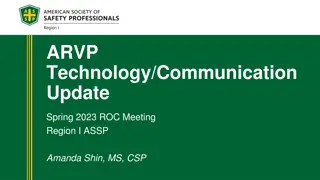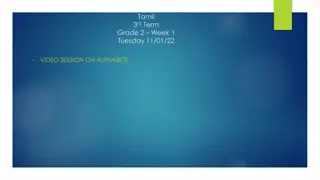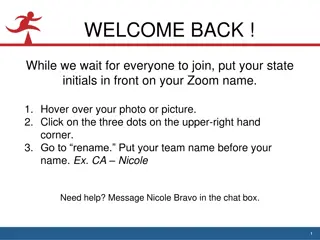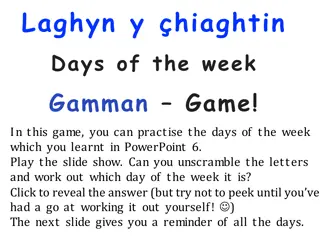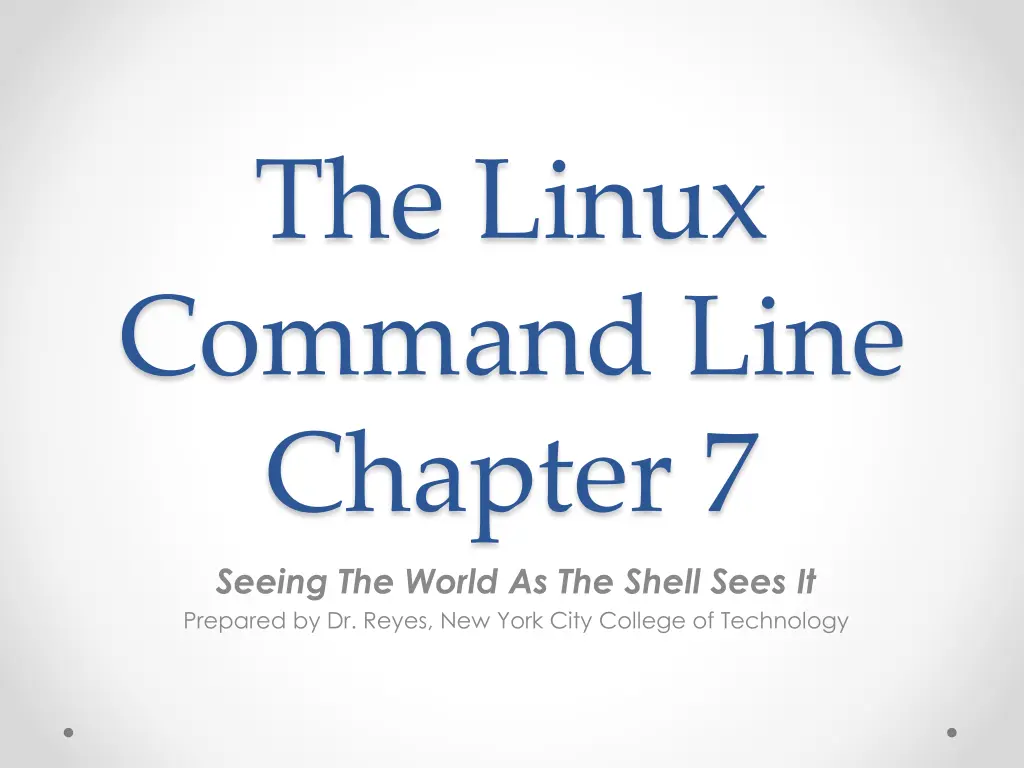
Shell Commands and Expansions Overview
Explore the world of Linux shell commands and expansions through examples of echo, pathname, tilde, arithmetic, brace, parameter, double quotes, single quotes, and escape characters. Understand how to manipulate text strings and variables efficiently within the shell environment.
Download Presentation

Please find below an Image/Link to download the presentation.
The content on the website is provided AS IS for your information and personal use only. It may not be sold, licensed, or shared on other websites without obtaining consent from the author. If you encounter any issues during the download, it is possible that the publisher has removed the file from their server.
You are allowed to download the files provided on this website for personal or commercial use, subject to the condition that they are used lawfully. All files are the property of their respective owners.
The content on the website is provided AS IS for your information and personal use only. It may not be sold, licensed, or shared on other websites without obtaining consent from the author.
E N D
Presentation Transcript
The Linux Command Line Chapter 7 Seeing The World As The Shell Sees It Prepared by Dr. Reyes, New York City College of Technology
Expansion echo command that displays a line of text echo can be combined with wildcards
Arithmetic Expansion Uses the form $((expression)) Operators supported:
Brace Expansion Used to create multiple text strings from a pattern containing braces. Examples:
Parameter Expansion Given a variable, place a $ to retrieve its value Example:
Double Quotes Double quotes when used, all the special characters used by the shell lose their special meaning and are treated as ordinary characters except for $ , \ (backslash), and ` (backquote). Examples:
Single Quotes Single quotes used to suppress all expansions Example double vs. single quotes
Escape Characters Escape character use the backslash \ before $ , ! , & , , and other characters with special meaning. Other escape sequences


